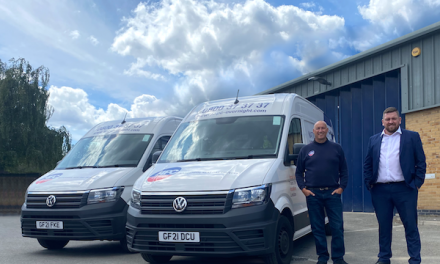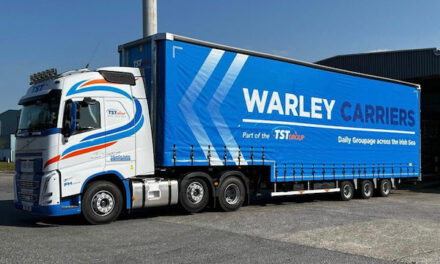Scotland’s transport authorities have been urged to work closely with car club and bike share operators to break down barriers for people living in deprived communities.
A new report from national shared transport charity Collaborative Mobility UK (CoMoUK) also calls for government action to ensure those affected by transport poverty are not left further behind.
The report highlights how shared transport has risen over the last decade and identifies those households most and least likely to use shared transport.
CoMoUK examined Edinburgh’s car club scheme, and both car and public bike sharing in Glasgow and Stirling, producing maps of where shared transport use could be increased.
Scots aged between 20 and 56, living in urban areas were most likely to use shared transport.
Least likely users were found to be aged between 36 and 55, with limited resources.
They include people in village communities, suburban families raising children, and social housing tenants with household incomes of less than £15,000 a year.
This may be due to a lack of provision, awareness, and support, and these groups could benefit if shared transport was adapted to their needs.
According to the Poverty and Inequality Commission, there is a relationship between areas of deprivation and fewer transport options, with Transport Scotland figures showing just 19 per cent of households earning less than £10,000 a year have access to a bicycle.
CoMoUK is already working with communities impacted by poverty in Edinburgh and Glasgow to prevent people being cut off from key services and opportunities when low emission zones are rolled out in the coming years.
Interviews with car club users showed that clubs were convenient, value for money and cost effective but the ‘back to base’ model of returning vehicles to the same location was identified as a challenge when planning journeys.
Bike sharing schemes were described as easy to access, providing a fast way to travel and avoid congestion. Users also found the services cost effective, and enjoyed the physical and mental health benefits.
The use of electric bikes could make cycle sharing schemes more accessible, researchers found.
Focus groups among non-shared transport users highlighted gaps in awareness and a lack of promotion of car and bike share as potential hurdles.
Some participants also cited concerns about cost and availability as reasons preventing a switch to shared transport.
Researchers used demographic information to map areas in Edinburgh, Glasgow and Stirling where shared transport services could be added or improved.
Saughton, was among other places in the West of Edinburgh, which was identified as an area where uptake could be boosted by bringing shared vehicles within a 10 minute walk.
The report also highlighted opportunities to increase car club use in Glasgow by adding extra vehicles and suggested extending bike share access to areas such as Queen’s Park.
In Stirling, the report said there was scope to extend car club services to St Ninians because of high levels of potential users while bike share could be rolled-out to the village of Fallin.
CoMoUK said collaborative working between operators, transport authorities, and communities was essential to tackling barriers.
Key recommendations to improve education, visibility, and service include:
- Add e-bikes to fleets to prevent hills and distance being a barrier.
- Offer free car share trials and free cycle hire to encourage greater uptake.
- Target new housing developments to help movers develop new commuting habits.
- Provide bike and car share information to businesses.
- Increase messaging on the environmental benefits of shared transport.
Rachael Murphy, Scotland director of CoMoUK, said:
“If Scotland is to meet its ambitious climate change targets, we must harness the full potential of shared transport and reduce our reliance on the private car.
“Car clubs and other shared transport modes like bike hire can dramatically reduce congestion on our roads and carbon emissions.
“This requires operators, transport authorities and communities working together, to overcome demographic and behaviour change challenges.
“There is also a clear need for government intervention to ensure those living in poorer areas and already affected by transport poverty are not further disadvantaged.
“The cost-of-living crisis, driven by record inflation and fuel costs, makes this a more pressing problem as communities face being cut off from key services and opportunities.
“We hope this report will be a call to action to organisations across Scotland to collaborate, build and strengthen shared transport.”








